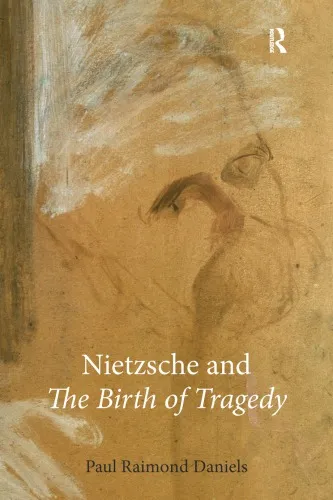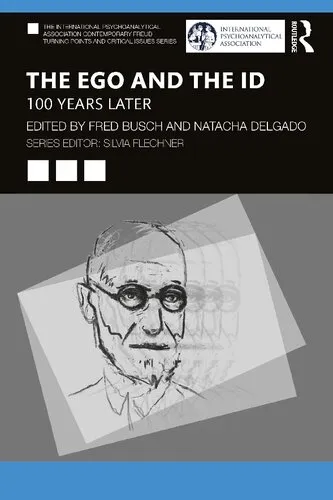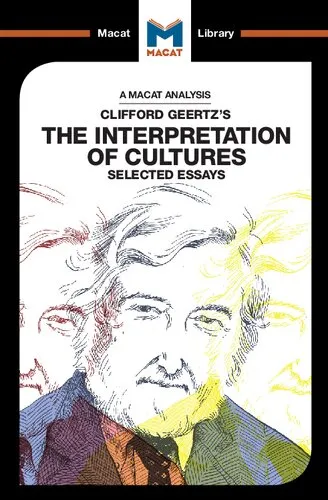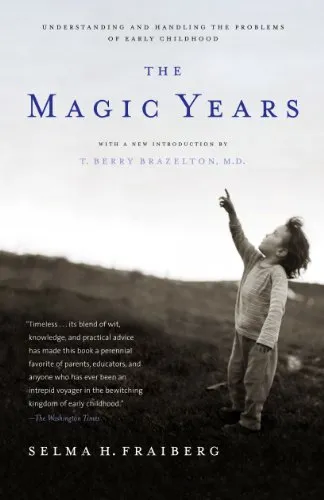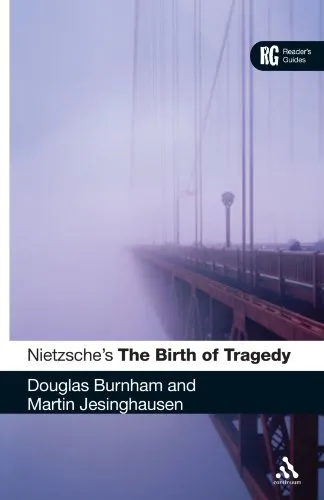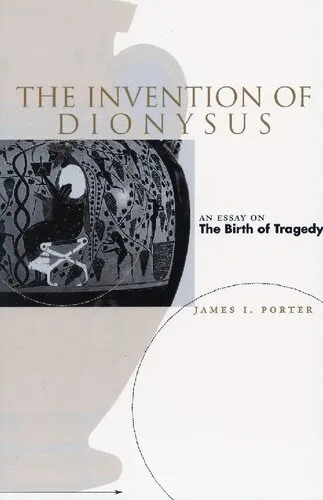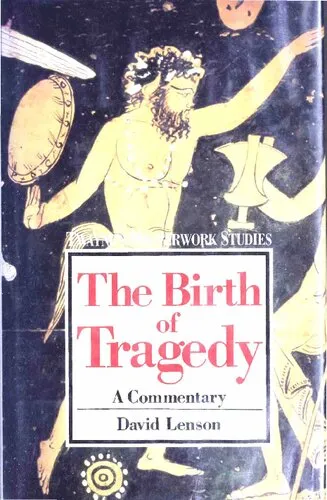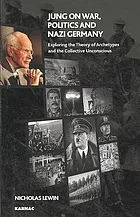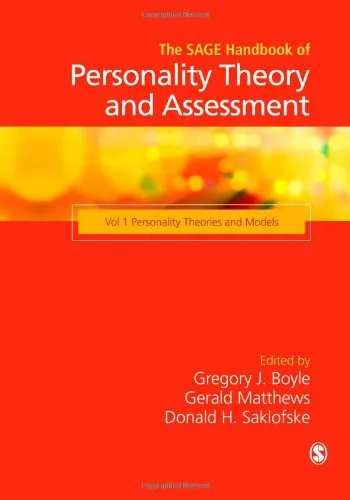Nietzsche and The Birth of Tragedy
4.5
Reviews from our users

You Can Ask your questions from this book's AI after Login
Each download or ask from book AI costs 2 points. To earn more free points, please visit the Points Guide Page and complete some valuable actions.Related Refrences:
Introduction to 'Nietzsche and The Birth of Tragedy'
Delve into the profound and transformative world of Friedrich Nietzsche, a philosopher whose insights into art, existence, and the human condition remain deeply influential. In 'Nietzsche and The Birth of Tragedy', author Paul Raimond Daniels takes readers on an intellectually enriching journey through one of Nietzsche’s foundational texts. This book serves as both an introduction to and a critical examination of Nietzsche's early work.
Detailed Summary
In 'The Birth of Tragedy', Friedrich Nietzsche explores the origins and significance of Greek tragedy, offering a groundbreaking perspective on art and philosophy. Written in 1872, this work represents a confluence of Nietzsche’s profound engagement with classical antiquity and his philosophical inquiries concerning aesthetics and human existence. Daniels’ 'Nietzsche and The Birth of Tragedy' provides an annotated and nuanced interpretation of this seminal text, emphasizing its enduring relevance.
Paul Raimond Daniels meticulously analyzes Nietzsche’s key themes of Apollonian and Dionysian dichotomy, representing structured form and chaotic instinct, respectively. Daniels argues that Nietzsche’s insights go beyond mere artistic critique, addressing the duality inherent in human nature itself—a tension between order and chaos, reason and passion. By examining how this duality was embodied in Greek tragedy, Nietzsche posits a philosophical framework that reconciles human suffering through the cathartic power of art.
Key Takeaways
- The Apollonian-Dionysian duality serves as a fundamental concept for understanding human creativity and existential balance.
- Nietzsche argues for the transformative power of art, suggesting it offers profound insights into the human condition.
- The book posits Greek tragedy as a medium through which humans can confront and transcend their inherent conflicts and suffering.
- Paul Raimond Daniels highlights the philosophical depth and modern implications of Nietzsche's thoughts, making them accessible to contemporary readers.
Famous Quotes from the Book
“For it is only as an aesthetic phenomenon that existence and the world are eternally justified.”
“The noble simplicity and quiet grandeur of the Greek tragedy were criticized yet celebrated, as no other race had more subjected itself to the harsh discipline of beauty.”
“Art is the highest task and the proper metaphysical activity of this life.”
Why This Book Matters
Paul Raimond Daniels’ 'Nietzsche and The Birth of Tragedy' is a critical resource that not only interprets Nietzsche’s original text but also situates it within broader philosophical discourses. By elucidating complex ideas with clarity, Daniels renders Nietzsche's early work accessible while underscoring its profound implications for both philosophy and art theory today. The book encourages readers to grapple with the existential aspects of Nietzsche’s arguments, inspiring a renewed appreciation for the interplay between art, philosophy, and human experience.
This book matters because it offers a comprehensive guide to understanding Nietzsche’s foundational ideas, providing insight that is essential for students of philosophy, literature, and the humanities. Daniels' approach demystifies Nietzsche’s dense philosophical concepts, inviting ongoing dialogue about their relevance and application in modern contexts. Part philosophical exegesis and part literary exploration, 'Nietzsche and The Birth of Tragedy' remains a pivotal work for comprehending the complexities of human creativity and existential meaning.
Free Direct Download
You Can Download this book after Login
Accessing books through legal platforms and public libraries not only supports the rights of authors and publishers but also contributes to the sustainability of reading culture. Before downloading, please take a moment to consider these options.
Find this book on other platforms:
WorldCat helps you find books in libraries worldwide.
See ratings, reviews, and discussions on Goodreads.
Find and buy rare or used books on AbeBooks.
1512
بازدید4.5
امتیاز0
نظر98%
رضایتReviews:
4.5
Based on 0 users review
Questions & Answers
Ask questions about this book or help others by answering
No questions yet. Be the first to ask!
